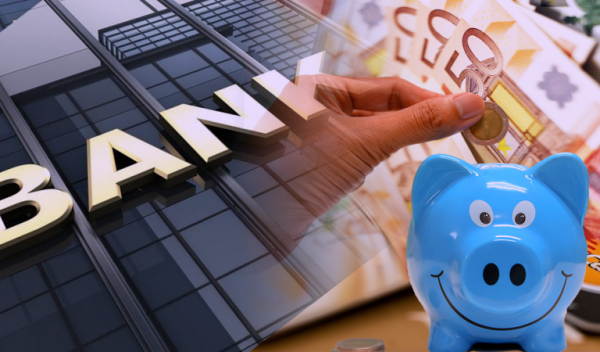With the exception of the decade 1990-2000 in the run-up to the 2004 Athens Olympics, Greece always had an uneasy relationship with investment.
Surely just a few years ago no one would have expected that a company manufacturing electric-powered automobiles would establish a production plant in our country, and yet yesterday the first step was taken.
The pandemic changed many things that we had taken for granted.
What changed for the better is that Greece now has the opportunity to transcend diachronic dysfunctions in order to find the funding to lure investments.
Money from the EU Recovery Fund offers this capability especially in the direction of “green” development, which is the future of the European economy.
Green investments in Greece had their debut with VW’s plan for a project on Astypalaia (photo).
They are continuing with the Next.e.go company’s plan to make electric-powered vehicles in Greece.
Once the contracts are signed, this will create 1,000 new jobs which through a multiplier effect could reach 5,000.
This may look like a small step but it is hopeful.
Whether this shift in the productive base of the economy is effective depends on whether Greece maintains the level of credibility that it has regained, cuts through the huge bureaucratic red tape that still bedevils it, and removes any obstacles that may arise.
The state must change everything that dissuaded businesses that had an interest in investing and that led enterprises that for years supported the Greek economy to leave.
Only by transcending these obstaclse can one hope to successfully revive the economy.





